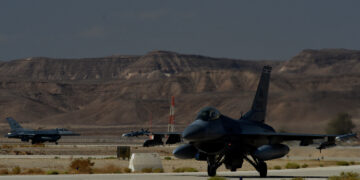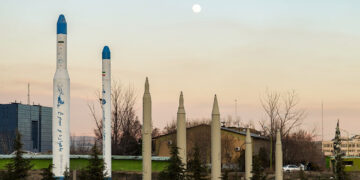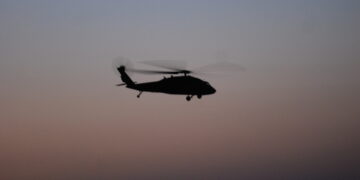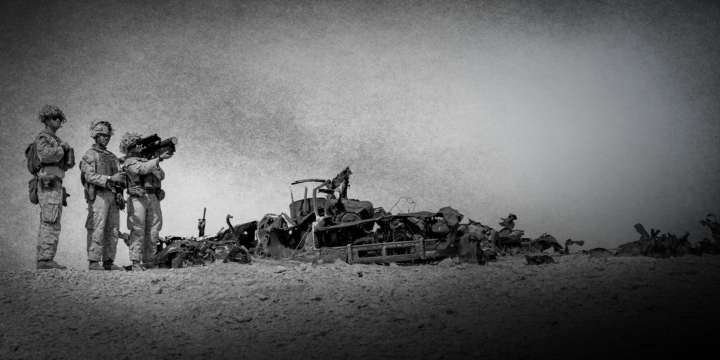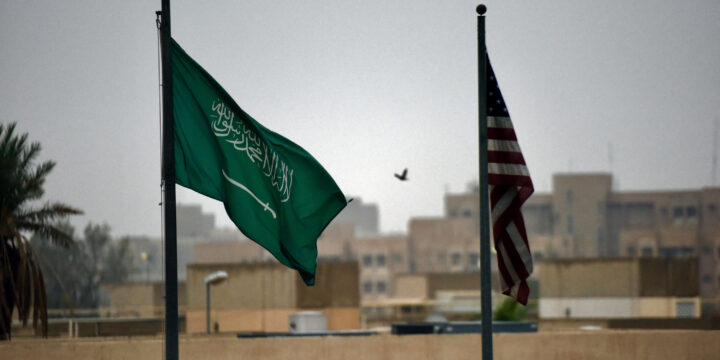June 21, 2025
U.S. strikes on Iran should stop, not creep to regime change
FOR IMMEDIATE RELEASE:
June 21, 2025
Contact: press@defensepriorities.org
WASHINGTON, DC—This evening, President Trump announced that the U.S. has carried out strikes on three nuclear facilities in Iran. Defense Priorities experts issued the following statements in response:
From Rosemary Kelanic, Director of the Middle East Program at Defense Priorities:
“President Trump announced he has concluded U.S. bombing strikes on Iran and has called for peace. There is good reason to fear it might escalate to all-out war instead. Depending on how Iran responds, both in terms of pursuing nuclear enrichment and retaliating against the 40,000 U.S. forces in their region who are vulnerable to Iranian retaliation, the U.S. is at a high risk of being drawn into yet another regime change war that could mire the U.S. in the Middle East for decades more. President Trump should urgently redeploy American servicemembers out of harm’s way before Iran can counterattack. The loss of U.S. lives will only make the drums of regime change war louder. The bitter irony is that Iran is so weak that it would be unable to reach U.S. forces at all had we not so carelessly left them exposed to the region’s violence through decades of inertia.”
From Jennifer Kavanagh, Director of Military Analysis at Defense Priorities:
“President Trump’s decision to strike Iranian nuclear targets is a short-sighted one that will not achieve his stated objectives, brings significant risks to the United States, and could derail his other foreign policy priorities.
“It will be some time before we know how much damage U.S. bombs did to Iranian nuclear facilities but they are unlikely to have completely eliminated Iran’s enrichment capabilities. Iran’s stockpiles of highly enriched uranium and its centrifuge components have likely already been moved and hidden elsewhere and so some portion will survive the U.S. attack. U.S. strikes will certainly set back Iran’s nuclear program, but there remain hundreds of Iranian nuclear scientists and engineers ready to reconstitute the program over time. U.S. airstrikes, even if deemed successful, will offer only temporary gains.
“Trump’s decision to cut short his own efforts for diplomacy will also make it much harder to get a deal in the medium and long runs. Iran now has no incentive to trust Trump’s word or to believe that striking a compromise will advance Iran’s interests. In fact, though there is no evidence Iran was close to or making a run for a bomb before, Iran’s leaders will almost certainly push hard for a nuclear weapon in the future—as will other states, bringing pressure on the decades-old non-proliferation regime.
“Trump has signaled that this strike is a one-off and that he now wants to return to diplomacy, but Iran will decide if the conflict between Iran and the U.S. continues. Iran’s leaders will likely feel compelled to retaliate, and U.S. servicemembers in the region are a likely target. Then Trump will have to decide whether to involve the U.S. further in a protracted Middle East war that further saps American resources and undermines the nation’s security.
“Finally, Trump’s decision to strike Iran while diplomacy was ongoing undermines his push to end wars elsewhere, including in Ukraine, and jeopardizes his promise to American voters to be a peacemaker.”
More on Israel-Iran

Featuring Jennifer Kavanagh
July 28, 2025
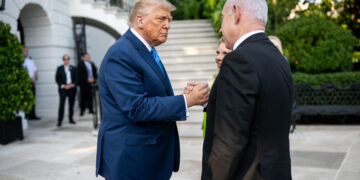
Featuring Rosemary Kelanic
July 17, 2025


